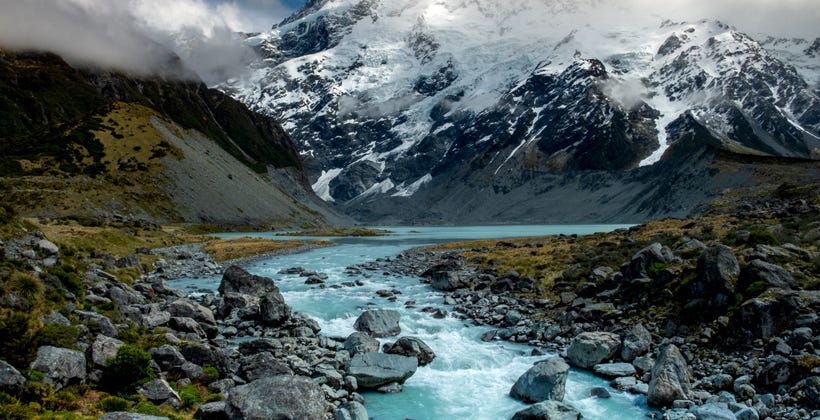Ngāi Tahu’s gold-plated grift
When “cultural values” become a business model
Kudos to broadcaster Michael Laws for doing what few in the mainstream media dare to do, expose the brazen racket that New Zealand’s most powerful iwi, Ngāi Tahu, have turned “cultural values” into. His recent revelation on The Platform peels back the polished veneer of partnership and exposes what’s really going on behind the bureaucratic curtain, an audacious shakedown masquerading as spirituality.
Laws revealed that Ngāi Tahu’s commercial arm, Aukaha, has demanded “compensation” from mining company Oceana Gold because its gold mine expansion near Macraes supposedly offends the iwi’s mana, tapu, whakapapa, and mauri. In other words, a mining project that creates jobs, investment, and regional growth is being held hostage to intangible “cultural” offences, and conveniently, those spiritual bruises can be healed with cold hard cash.
It’s all laid out plainly in Aukaha’s 84-page Cultural Impact Assessment, the bureaucratic bible of modern extortion, which baldly states that Oceana Gold must “compensate Kāi Tahu where these impacts on cultural values cannot be avoided, remedied, or mitigated.”
Translation: Pay up, or your project’s dead, cuzzie.
This is not cultural protection. It’s a commercialised obstruction. It’s happening across the country, from hydro schemes to highways, ports to pipelines, every major infrastructure project is now forced to navigate a labyrinth of “cultural consultation” designed not to protect heritage, but to extract tribute.
The worst part? The spoils of this racket don’t trickle down to ordinary Māori. The average Ngāi Tahu family isn’t seeing their grocery bills drop or their homes become more affordable. The money and power stay firmly at the top, within the same circle of lawyers, consultants, and boardroom elites who preach tikanga from the comfort of taxpayer-funded offices.

Ngāi Tahu have become a corporate empire dressed in a korowai, more Fortune 500 than whānau first. Their executives wine and dine with ministers, chair multiple boards, and sit on government advisory panels, all while telling struggling Māori that their suffering is somehow “restorative justice.” It’s not. It’s self-enrichment with a taonga stamp.
The Oceana Gold case exposes the hypocrisy in full colour. When Ngāi Tahu claim that mining offends their spiritual connection to the land, yet their commercial subsidiaries have happily invested in tourism, farming, fisheries, and forestry, you have to ask, where exactly does their mauri end and their money begin?
This “compensate or we’ll oppose” strategy isn’t cultural guardianship, it’s a business model. It’s legalised blackmail dressed up as environmental concern. And the fact that it’s allowed, even encouraged, under our current legislation shows just how far New Zealand has drifted from equality to a system of racial privilege and perpetual pay-offs.
Michael Laws is absolutely right: this isn’t just about one mine. It’s about a fundamental clash of values in this country, between a society that once prided itself on fairness and hard work, and one that now rewards grievance and cultural gatekeeping.
Ngāi Tahu, like other iwi powerhouses, have discovered the perfect modern alchemy: turn hurt feelings into a revenue stream, and wrap it in the language of decolonisation.
Meanwhile, ordinary New Zealanders, Māori and Pākehā alike, are the ones left footing the bill, whether through higher costs, stalled projects, or the slow suffocation of enterprise.
So yes, kudos to Michael Laws for breaking the story that every newsroom should have been chasing. Because this isn’t just another tale of iwi influence, it’s a flashing red warning light about where New Zealand is heading.






